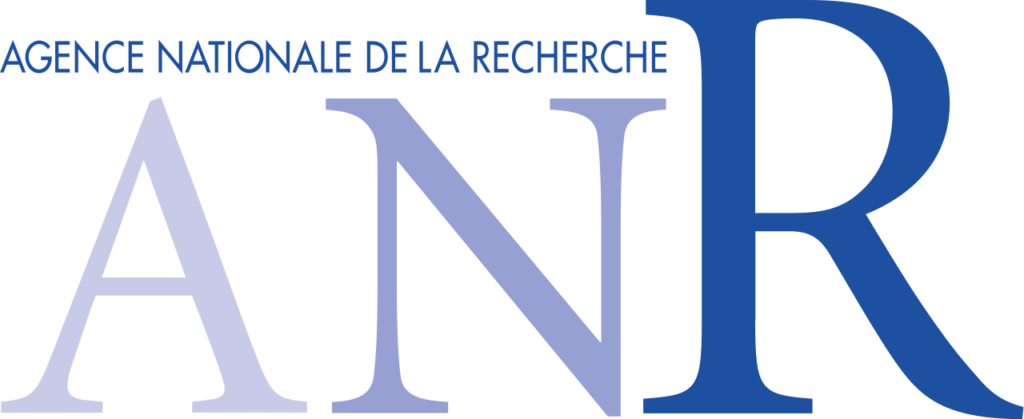Uterus Transplantation
Last modifications: 02/08/2019 by FDM
Coordinator
Staff
- Dr. Tristan Gauthier
- Dr. Pascal Piver
- Prof. Yves Aubard
- Dr. Jean-Philippe Rerolle
EXPERIMENTAL RESEARCH
In collaboration with Dr. Yann Locatelli, UMR85 INRA –University of Tours “Physiologie de la Reproduction et des Comportements”, our first objective is to obtain pregnancies by transfer of vitrified blastocytes (21) in our auto-transplantation model in the ewe, after 1h or 24h cold-ischemia time. We hypothesize that the success rate will be the same in both groups, as suggested by similar uterus viability in our previous study (submitted for publication).
In parallel, we plan to evaluate the graft response to ischemia (alterations of the energetic metabolism, oxidative stress, etc.) by NMR metabolome analysis of the liquid used for rinsing and preserving the grafts in the two groups (in collaboration with C. Barin-Le Guellec in our unit). If metabolomics analysis is revealed to be pertinent in this context, we plan to use it to compare the different preservation solutions commercially available (none of which has been designed nor recommended for the uterus) and finally optimize the organ retrieval conditions.
CLINICAL RESEARCH
The “AUT” clinical trial (uterus allo-transplantation from brain-death deceased donors, registered in ClinicalTrials.gov as NCT02637674) has been funded by the PHRC national 2014 for 870 k€. The French Drug Agency (ANSM) gave its final approval to the trial in November 2014. We plan to perform 8 uterus transplantations (UT) at Limoges University Hospital. Grafts will be retrieved at the University Hospitals of Limoges, Poitiers, Tours and Bordeaux. The first trial phase corresponds to the selection and preparation of patients and their companion, up until obtaining embryos by in-vitro fecundation. The second phase corresponds to the registration of the patients on the dedicated waiting list, UT itself and 12-month close follow-up. In the third phase, embryo transfers will be attempted, the resulting pregnancies followed-up and the uterus explanted. In total, the estimated study duration is 84 months. Seven patients have been enrolled since September 2016 and are still in phase I. Prof. Marie Essig will be specifically in charge of the immunosuppressive treatment of these patients.
In the longer term, our objective is to transfer our knowledge and technique to other centres in France and to organize the systematic follow-up of the French cohort of recipients and their children.
TRANSLATIONAL RESEARCH
Using cadaveric dissection, we will study the anatomy of the utero-ovarian venous supply and evaluate its capacity to ensure the uterus venous return alone. This would allow avoiding the difficult and risky dissection of the uterus vein and symplifying uterus retrieval in case of living donors.
Based on a preliminary study (ACL-96), we plan a prospective study to evaluate HLA expression by immunohistochemistry in the human uterus body and cervix, where we will specifically investigate the impact of donor age and the hormonal cycle phase.
As an ancillary study to the ATU trial and in order to evaluate the immunization profiles of the different patients, regular follow-up of anti-HLA antibodies is planned in the transplantation evaluation phase as well as in case of pregnancy. The single-antigen Luminex technique will be employed.










